The literary world has just spread out an erudite
welcome mat for an overnight success – one that took only fifty years to
arrive. Scary Old Sex, Arlene
Heyman’s first published book, of seven short stories, has been riding a wave of
ecstatic reviews for the past year. A remarkable feat,
since aside from a prize-winning story and a contest-winning novella years ago,
Dr. Heyman, a 74-year-old Manhattan psychiatrist/psychoanalyst, had published practically
nothing for years. But she kept writing, and these stories are notable -- for
their pungent, precise, and often funny literary style, and also for their
boldness – in looking at sex, death, bodily functions, and “forbidden”
fantasies that betray their author’s day job.
During sickness and old age, her characters keep having
sex, even when, as one 65-year-old wife puts it, between the Vagifem and the
Viagra, the K-Y, and the scheduling, “making love was like running a war: plans
had to be drawn up, equipment in tiptop condition, troops deployed…” And
sometimes they need taboo fantasies to climax – like imagining sex with a son.
One character quotes the famous line “Nothing human is alien to me,” and that’s
true for this author too.
The most talked-about story in the book may be the
one based on the author’s two-year affair when she was a 19-year-old undergraduate
and he was her 47-year-old professor, the author Bernard Malamud. This story was written years after the affair
had ended but while the friendship between the two was still strong, as it was
until his death years later.
Meanwhile, Dr. Heyman married, was widowed, and is
now in a second marriage. She has clearly drawn inspiration from her own life,
perhaps in such stories as the exquisite “Dancing,” in which the wife of a
husband dying from leukemia climbs onto his hospital bed, where they make love
and weep. (Dr. Heyman’s own husband died of leukemia.) But always, she says, her
stories are fiction.
Who are her characters? I know them, and in some
ways I am, and was, them. I dare any non-observant Jewish upper-middle-class urbanite
to read this book and not find yourself somewhere.
But none of the characters is modeled on a
patient. Dr. Heyman stresses that none of her patients were her inspirations: “Patients
come to me for help, not to become characters in stories.”
Arlene Heyman and her characters are so New York that it’s hard to believe she
didn’t spring full-blown in her expansive Upper West Side apartment in its
imposing turn-of-the-century building. However, she was born and grew up in
Newark. She is an easy person to interview -- charming, unaffected, and
attractive. And a wicked joke-teller. Saul
Bellow said that you know everything about a person if you know their favorite
joke. The three Arlene Heyman told me revealed that she’s feminist, anti-Nazi,
and has a bawdy sense of humor – all of which comes across in her book.
She majored in English at Bennington, earned an MFA,
kept writing, and taught English. So when and why did she turn toward medicine?
“I was getting anxious about how I would earn a living,” she said. “And I
thought that if, as a Jew, I would ever get thrown out of this country, I could
always take my knowledge of the human body elsewhere, since bodies are the same
all over the world.”
Capturing a personality with just a few words is
something the author shines at, like her description of a second husband too
timid “to ask for all dark meat from Chirping Chicken.” How does her own husband
feel about these second husbands coming up short? “Sometimes he feels exposed,
but I tell him, it’s fiction. And first husbands are dead. You can idealize
them because you don’t see them in glaring sunlight. Second husbands are alive:
as wonderful as they may be, they’re imperfect, as we all are.”
But why the title? Not all these stories involve old
people, not all focus on sex, and what’s scary? Heyman explains: “Everyone
wants to be connected with another. ‘Scary’ has to do with this vulnerability,
which may be for some people at its most alarming with sex; and ‘old’ also
means something fundamental in life.” Facing intimacy or fearing it, her
characters get angry, back away, express their love through the myriad trials
life brings them. And sex often helps.
Arlene Heyman’s language paints vibrant word
pictures, as when she writes about an assisted living facility, with “mostly
elderly women, but here and there a few men are sprinkled around like pepper on
a salad.” Or a midlife wife’s “still glorious bushy bush.” An old wife
appreciating her husband’s “aged flesh … nourishes an astonishing variety of
wild mushrooms – beautiful, if you have an eye.” A doctor’s thoughts about his
mother tell all about her: “She would never have stood for his father’s having
any pleasure.”
The last story has a singularity. Husband and wife are
unnamed. The wife kvetches, the husband whines, their unending complaints come
from deep places during this last night of their cruise in and out of German
villages that once had thriving Jewish populations but whose guides now give
“Jew-clean” talks.
The author has compassion for all her characters. And seemingly for us, her readers. I close the book thinking that she must be a
wonderful analyst.














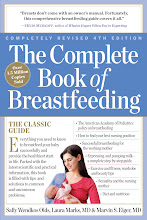







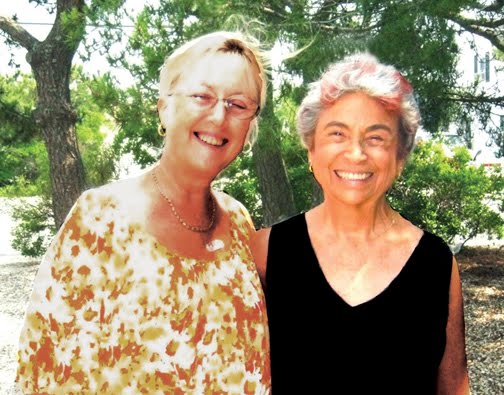.jpg)
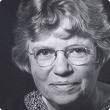


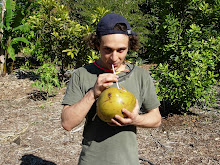

.jpg)
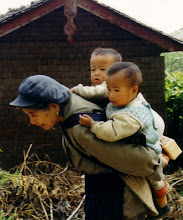.jpg)
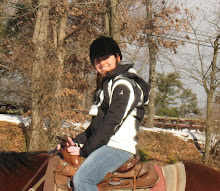.jpg)
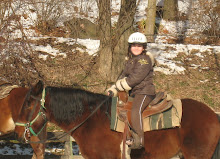.jpg)
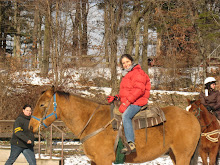

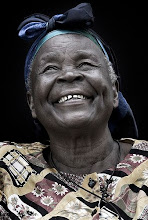

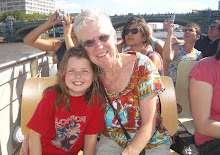.jpg)






.jpg)